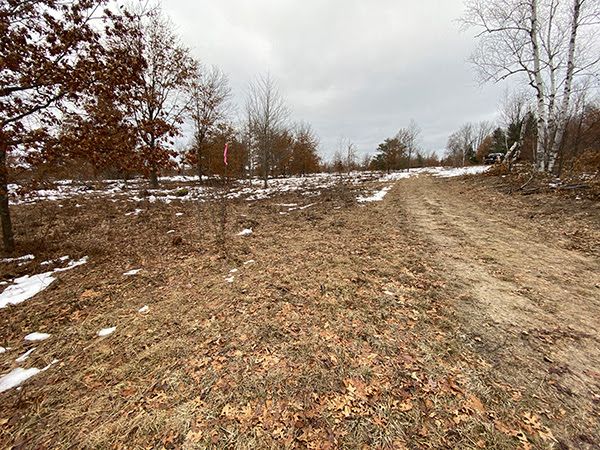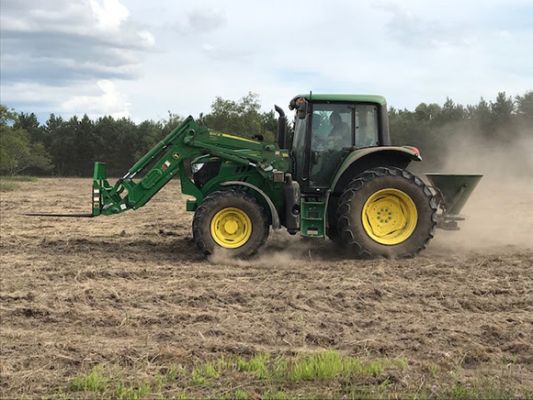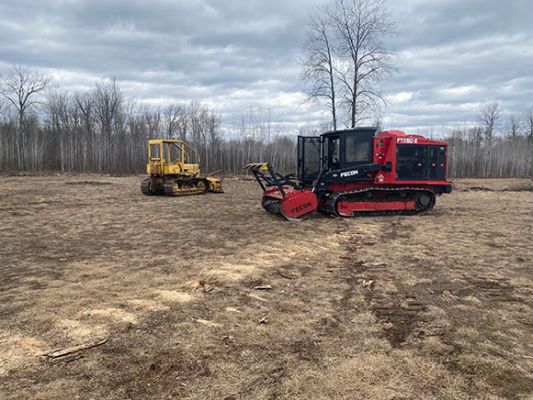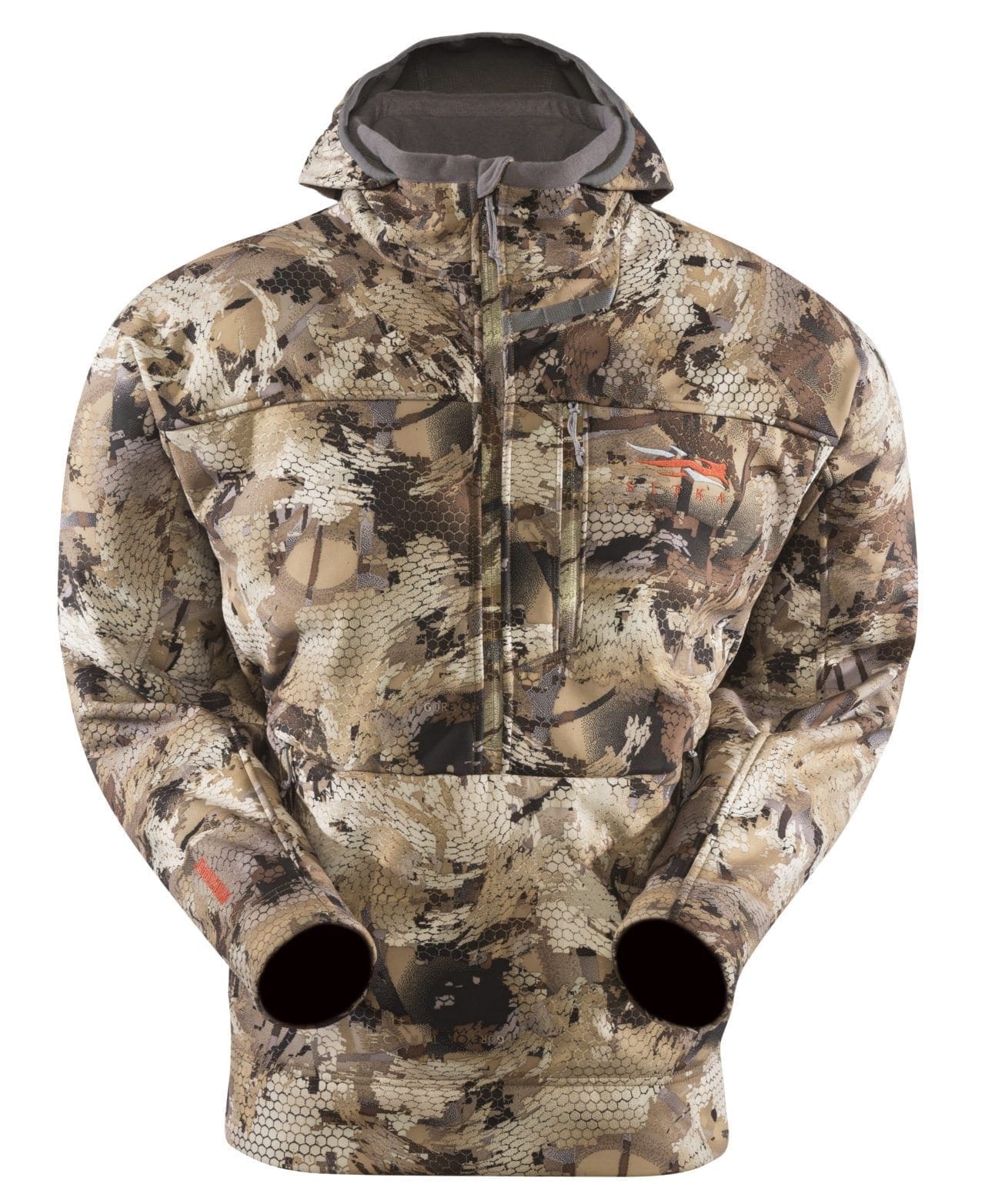NWTF Michigan and Partners Fund Brood Habitat Enhancement Projects

EDGEFIELD, S.C. — The Michigan NWTF State Chapter recently partnered with the Michigan Department of Natural Resources to enhance brood habitat within state forests in Grayling and Gladwin. Using Super Fund as cost-share dollars, the Michigan NWTF State Chapter granted $24,050 for the two projects to help enhance 169 acres.
Grayling, Michigan
Over 140 acres in the Central Michigan NWTF Focal Landscape is converting public land into wildlife habitat openings that will be managed for wild turkeys and boost opportunities for hunters, birders and other outdoor recreationists. The project will begin with managing woody encroachment along edge habitats and will be followed by creating food plots that are beneficial to wildlife.
“Openings within these largely forested areas are limited and often lower quality when unmanaged,” said Ryan Boyer, NWTF district biologist. “Our priority for projects in Michigan is aimed at improving breeding season habitat to support more birds and ultimately put more on landscape.”
These forest wildlife openings will provide improved and expanded accommodations for the wild turkey as well as establish more hunting opportunities on public lands.
“We’re trying to go in and create either brood cover or opportunities for hens to bring their broods to feed,” said Tim Riley, Michigan DNR wildlife technician for Grayling. “The majority of these openings are going to be planted with a pollinator friendly seed mix and then the remaining acres will be planted with buckwheat, which is also good for turkey broods to use in the spring and early summer.
“The NWTF has been a huge help to us. We’ve had a habitat grant with them for several years, which has been an opportunity for us to keep that partnership going and to focus some of our areas on the wild turkey.”
Gladwin, Michigan
Similarly, the work in Gladwin is converting non-forested areas like log landings or failed regeneration sites with poor-quality herbaceous cover into improved nesting habitat.
This will be accomplished by removing less-desired trees and brush and planting native prairie grasses and forb mixes that will provide optimal cover for both nesting hens and foraging poults.
“Presently, these areas have minimal use by turkeys, but the successful completion of this project will result in increased habitat quality and availability for wild turkey nesting and brood rearing,” said Coree Brooks, Michigan DNR wildlife technician for Gladwin. “It will provide direct benefits to turkey hunters by providing areas with increased turkey activity that can be targeted for scouting and hunting.”
Some of the locations within the project area were selected because they fell within the Grouse Enhanced Management Site (GEMS), which is being managed for other game birds such as ruffed grouse and American woodcock.
“Partner organizations have been important when doing any type of wildlife habitat management,” said Brooks. “The GEMS area is a place where groups like Michigan United Conservation Club, Ruffed Grouse Society, American Woodcock Society, Pheasants Forever, AmeriCorps and the National Wild Turkey Federation have all contributed valuable time, volunteer hours and resources to create and enhance wildlife habitat for the benefit of several wildlife species.”
Other locations were chosen because of the size and shape of the openings and the potential use of prescribed fire on the landscape to manage, support and maintain high quality habitat.
“Prescribed fire is one of the most preferred and cost-effective management techniques available,” said Boyer. “Many of the ecosystems we help our partners manage are ‘disturbance-dependent,’ which means they need things like fire and timber harvests in order to be maintained in the desired state most beneficial for a suite of wildlife, especially wild turkeys.”
About the National Wild Turkey Federation
Since 1973, the National Wild Turkey Federation has invested over half a billion dollars into wildlife conservation and has positively impacted over 24 million acres of critical wildlife habitat. The NWTF has also invested over $10 million into wild turkey research to guide the management of the wild turkey population and to ensure sustainable populations into perpetuity. The organization continues to deliver its mission by working across boundaries on a landscape scale through its Four Shared Values: clean and abundant water, healthy forests and wildlife habitat, resilient communities, and robust recreational opportunities. With the help of its dedicated members, partners and staff, the NWTF continues its work to provide Healthy Habitats. and Healthy Harvests. for future generations.



